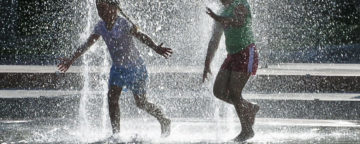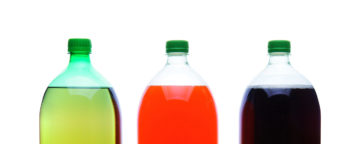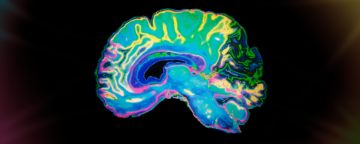The National Institute on Drug Abuse has highlighted research on teens and substance abuse by Annenberg Public Policy Center's distinguished research fellow Atika Khurana and its research director, Dan Romer.


The National Institute on Drug Abuse has highlighted research on teens and substance abuse by Annenberg Public Policy Center's distinguished research fellow Atika Khurana and its research director, Dan Romer.

Gun violence involving young people is a national problem that deserves greater attention and study, a group of national experts in violence said in a paper published in American Psychologist.

The Annenberg Public Policy Center has been awarded a grant from the Robert Wood Johnson Foundation to identify a “Culture of Health” portrayed on popular TV shows. Studies will include Spanish-language shows.

A study using a real-world approach to evaluate graphic warning labels on cigarette packs has found that the emotionally engaging images are more successful than simple text warnings at educating smokers about the risks of smoking.

After a four-year run in which most news stories falsely linked the holiday season with an increase in suicide, last year's coverage saw a turnaround, with most news stories debunking the holiday-suicide myth, according to an analysis by the Annenberg Public Policy Center.

Getting children to cut back on sugar-sweetened beverages like soda and energy drinks has been the goal of anti-obesity public service advertisements. A new study evaluates the effectiveness of persuasive techniques -- humor, fear and nurturance -- used in those PSAs.

Adolescents who have difficulty with impulse control may be more prone to risky sexual behavior, with consequences such as sexually transmitted diseases and unintended pregnancies. A study finds that individual differences in working memory can predict early sexual activity during adolescence.